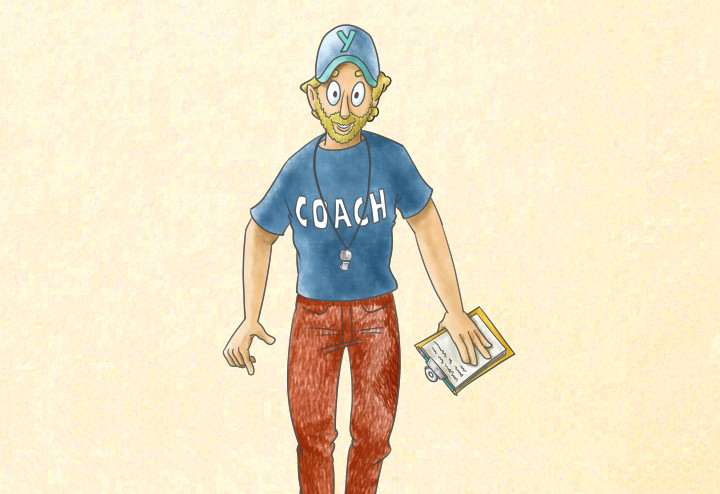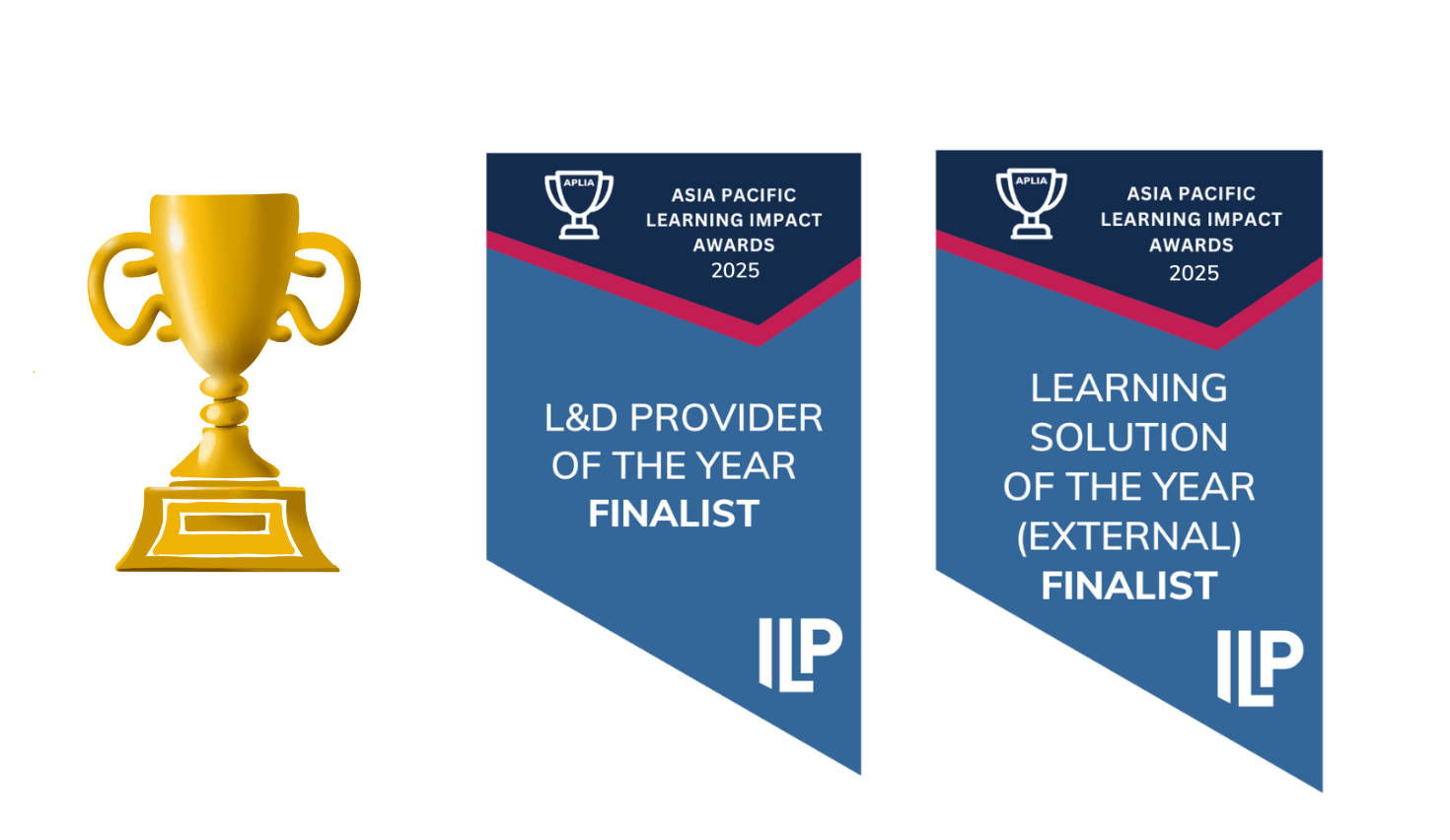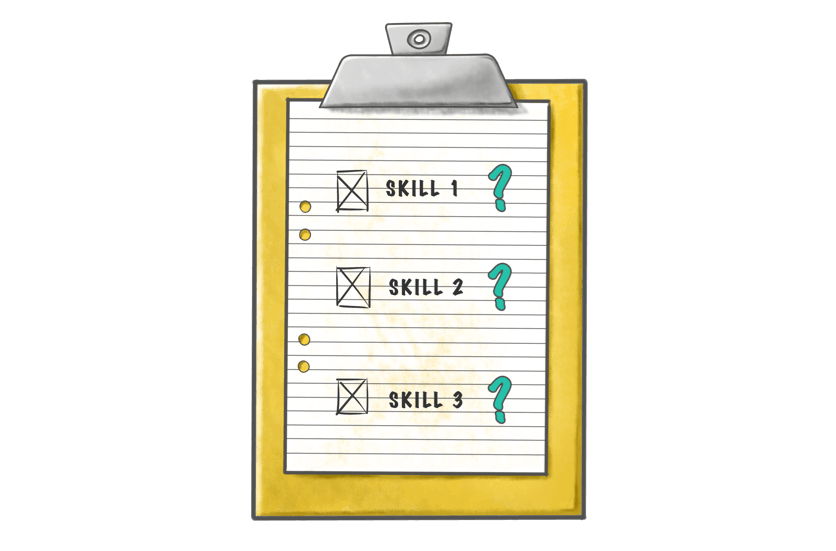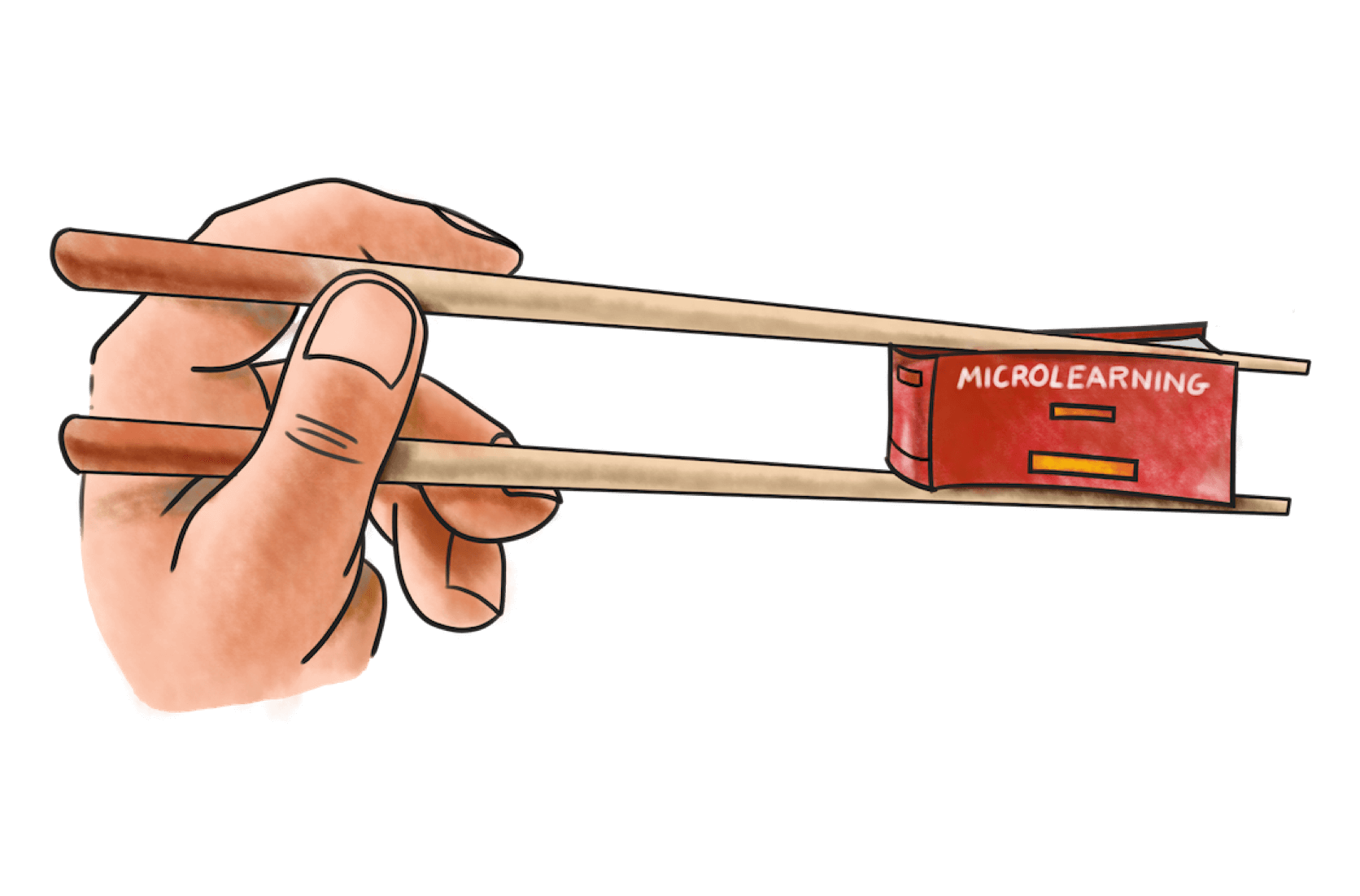
I started training jujitsu a few months ago.
I had a friend/mentor comment that he thought I’d really benefit from picking up a martial art. He’s also the Sensei (and a salesman by day) so I figured he was just doing some recruiting for the school. Initially, I assumed he was just talking about improving my fitness levels as we’d just been chatting about my training schedule.
I had a preconceived idea of the whole martial arts thing being a bit too ‘wax-on-wax-off’ for my liking. Nevertheless, I agreed, but just for a few sessions to change up my fitness routine and improve my coordination.
Soon, I came to realise the benefits of training a martial art span a long way further than fitness and balance.
Training has made me more confident in my:
- Physical strength and ability
- Character, self-worth
- Discipline
- Focus
It’s allowed me to harness some control and composure in a world that tries to be everything but.So when I saw this sketchnote by Tanmay Vora (whom I recommend following – I live for his sketchnotes!) I instantly resonated with the principles of the Shokunin Kishitsu (職人気質) as they so closely resemble the values my Sensei distills in his students.
We’ve chatted around the Yarno office about how dedicated workers are in Japan. Regardless of profession, whether they be construction workers, chefs, ski resort lifties, cleaning staff or businessmen – the Japanese people, on the whole, are unreservedly dutiful to their jobs. This can be attributed in some way to Shokunin Kishitsu, or craftsman spirit.
(Just taking a quick interlude here to acknowledge cultural appropriation and stereotyping - I understand that I’m taking this cultural nuance slightly out of context to make a point)
I digress.
The core element behind Shokunin Kishitsu is about having pride in what you do. Too often do people do work because they have to, without a purpose that serves toward a higher sense of achievement or autonomy.
How can craftsmanship elevate learning?
Having a sense of pride in what you’re learning and for what purpose is what keeps us motivated to forge deeper connections with the material.
I’ll take a few points from the sketchnote that really drove it home for me.
Do it with full dedication and concentration
We’ve spoken on multiple occasions about our struggles as knowledge workers in a constantly-on landscape of task-switching, distractions and just trying to get awesome work done.
Finding the time, effort and the ability to focus on learning is an achievement in itself. Not just passively trying to absorb /information, but really learning, making connections and applying the information to real situations to create real knowledge.
The brightest minds and the most successful humans on the planet are known for using deliberate, purposeful practice to become experts at their crafts. Not just coasting through on comfort and talent.
Steady refinement – can I do it better?
Steadily achieving small learning goals allow transparency in the learning process and provides a benchmark for further learning goals and reflection.
The first step in steady refinement is to clearly articulate what these small wins look like.
If I’m learning a new technique at jujitsu, I could set a goal like: “nail a third hip throw’. While this is still a goal, it’s not the most effective way of learning a skill.
This is because I haven’t articulated any small, tangible checkpoints to reach when learning that specific skill. For example:
- Stretch more to improve hip mobility
- Add an extra core session a week
- Practice each individual movement in isolation
Breaking up the top-line goal into little wins creates a process that can be checked in on without being too fixated on a single ‘goal’ or idea of ‘success’.
There’s an old Zen expression that states that once you think you have arrived, you have already begun your descent. Not that there’s never an ‘end’ point, but there is always space for refinement and improvement.
And the only way toward refinement and improvement is with proper feedback and reflection about what went right, what didn’t, and how you can do better going forward. Continual feedback is something we’ve built into the Yarno platform as a key driver of strengthening learning. Even with a simple format like question/answer, learners can keep track of their progress and be in the right headspace to improve.
No work is small
Whilst we’re talking about ’small’ wins, it is important to recognise that no learning is ‘small’ in value.
Regardless of how huge the final goal, the length of a step you take in the beginning, or half way through is just as long as the final leap. Even the tiniest, incremental improvements in learning contribute to growth.
Realising that the steps towards unlocking mastery are the most important is critical in dropping preconceived ideas about progress and goals. Assumptions become a limitation and can stem from what we think we ‘can’ or ‘can’t’ do, or what we will or won’t try.
Surrendering without quitting is what growth really looks like. It means learning to come out of our guard and embrace the peripheries of new ways of thinking.
As always, if you’re keen – here are some quick reads on motivation and practice:


















































































































